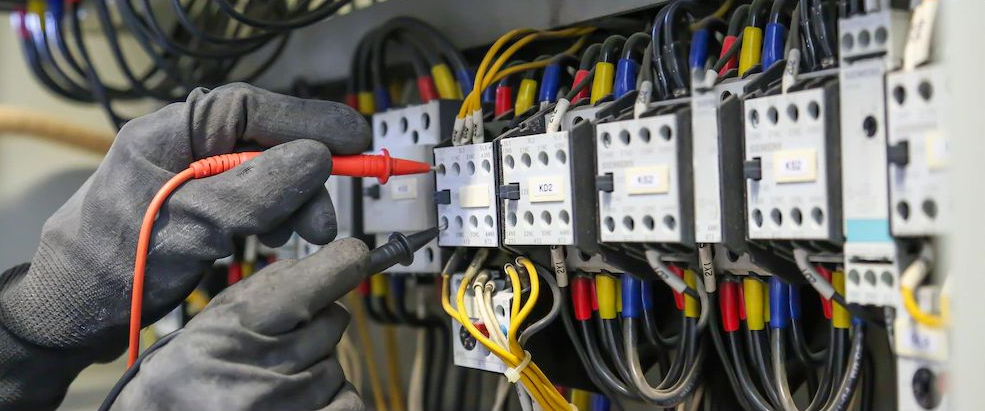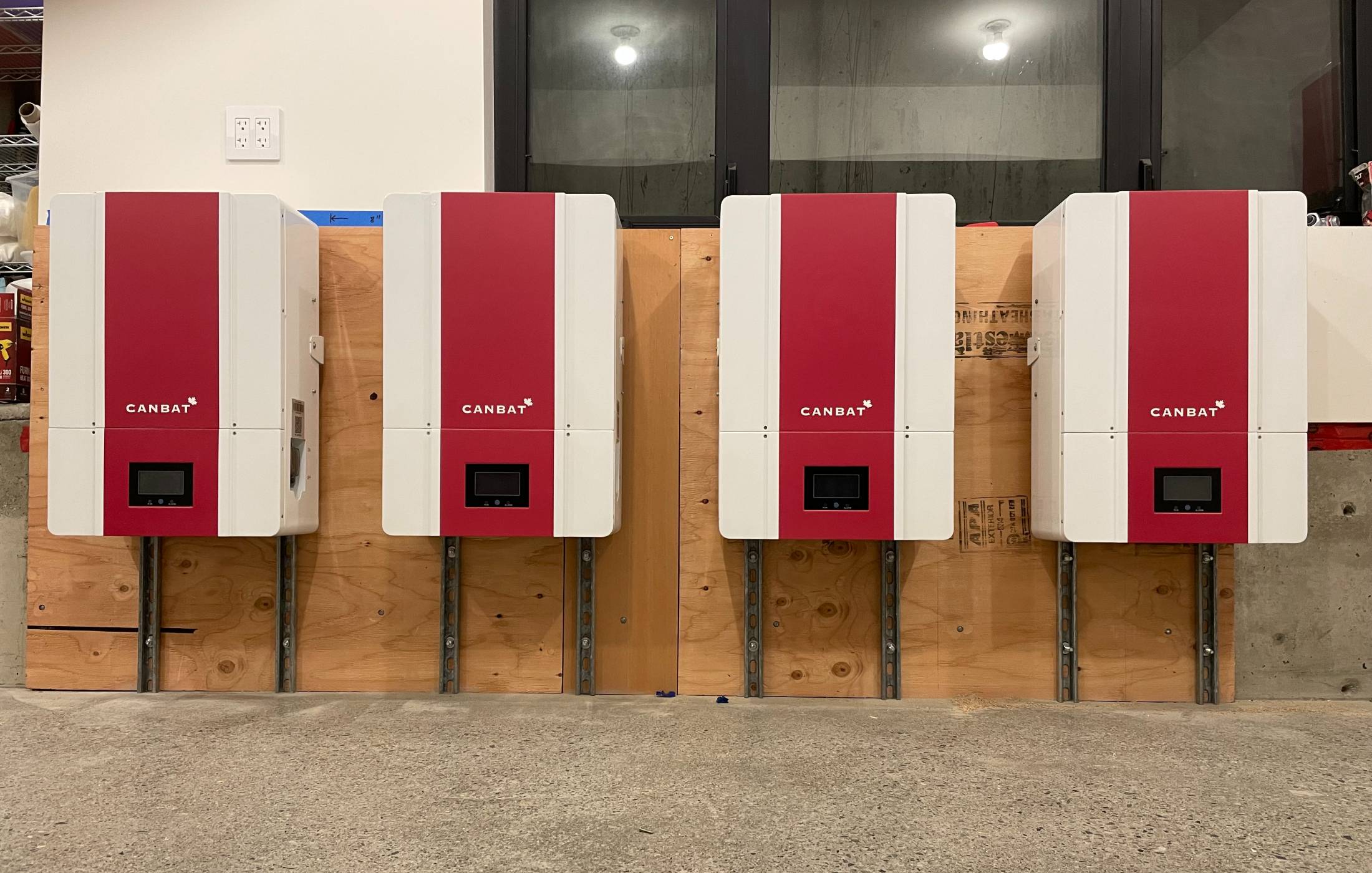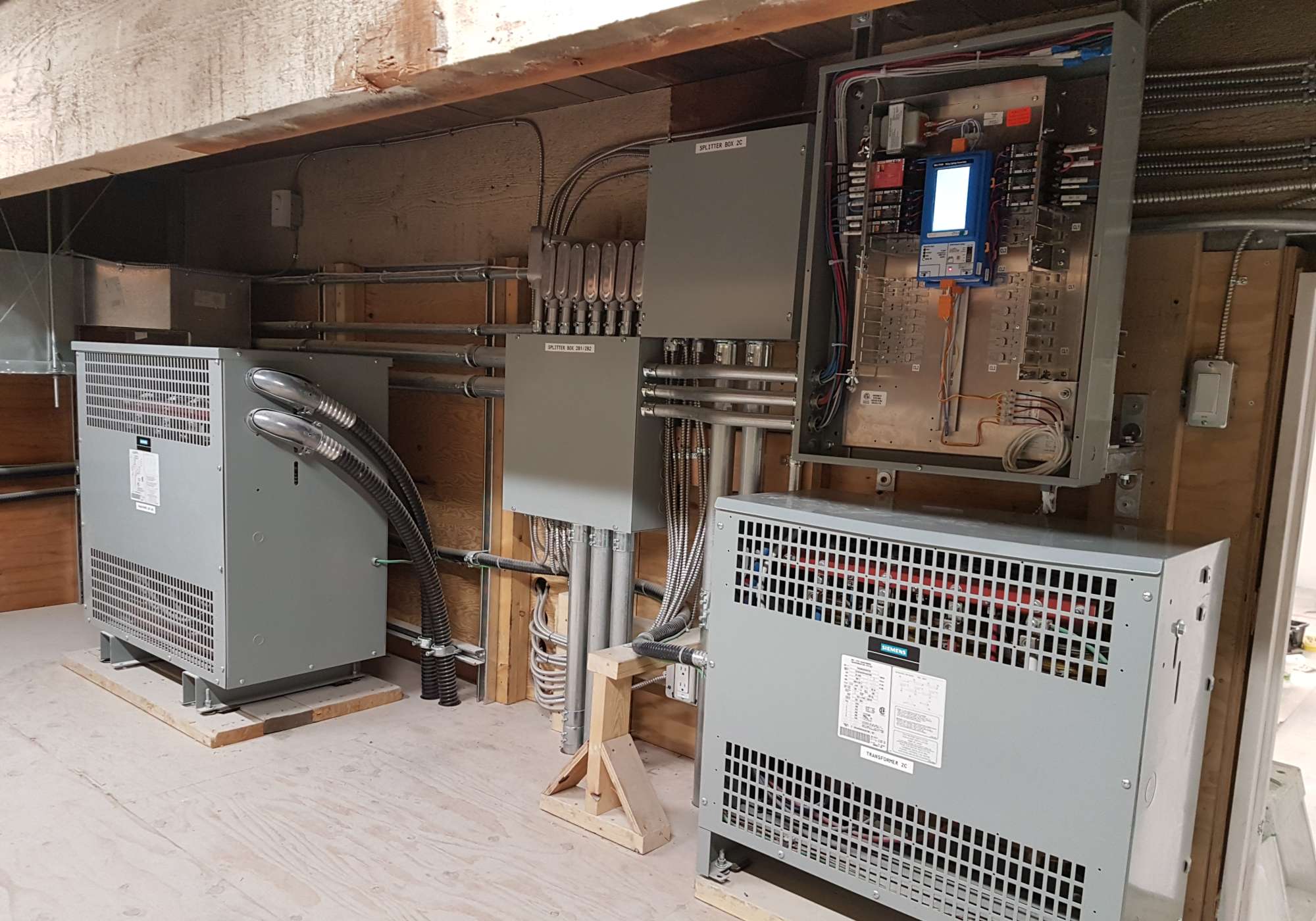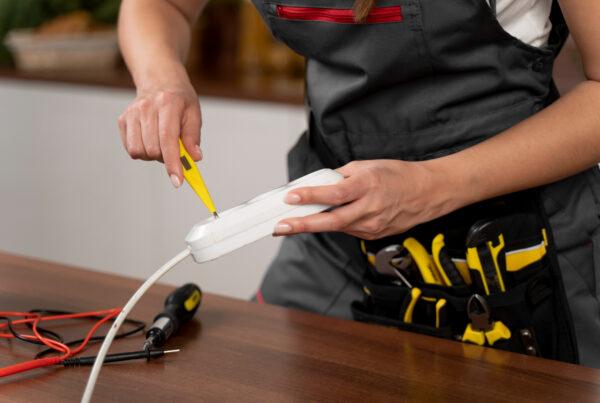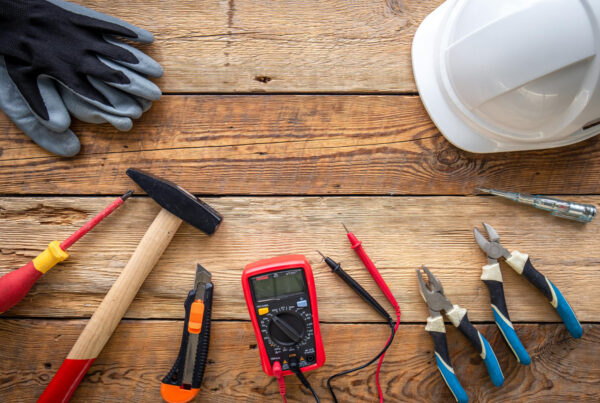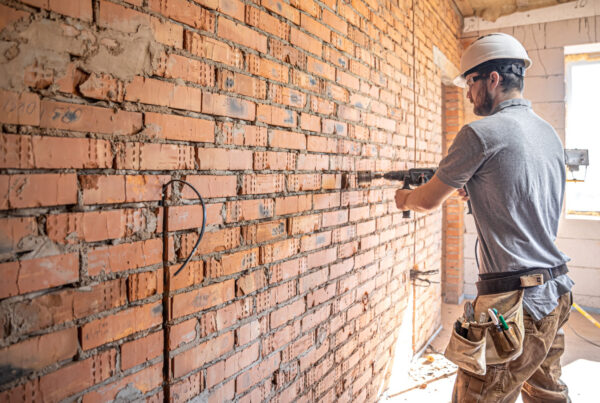As homeowners, it’s essential to understand the various electrical systems available for our homes. From the importance of proper home wiring to evaluating our electrical needs and considering modern alternatives like smart home electrical systems, there are numerous factors to consider. In this blog post, we will explore the different electrical systems for your home, discussing their components, common issues, installation, safety, and maintenance. So, let’s dive in and gain a deeper understanding of these crucial aspects of residential electrical systems.
Understanding Residential Electrical Systems
Residential electrical systems are the lifeline of any home, providing power for lighting, appliances, heating, and cooling. A well-designed electrical system ensures a safe and efficient distribution of electricity throughout your home. It is essential to grasp the basics of how these systems work to make informed decisions regarding installation and maintenance.
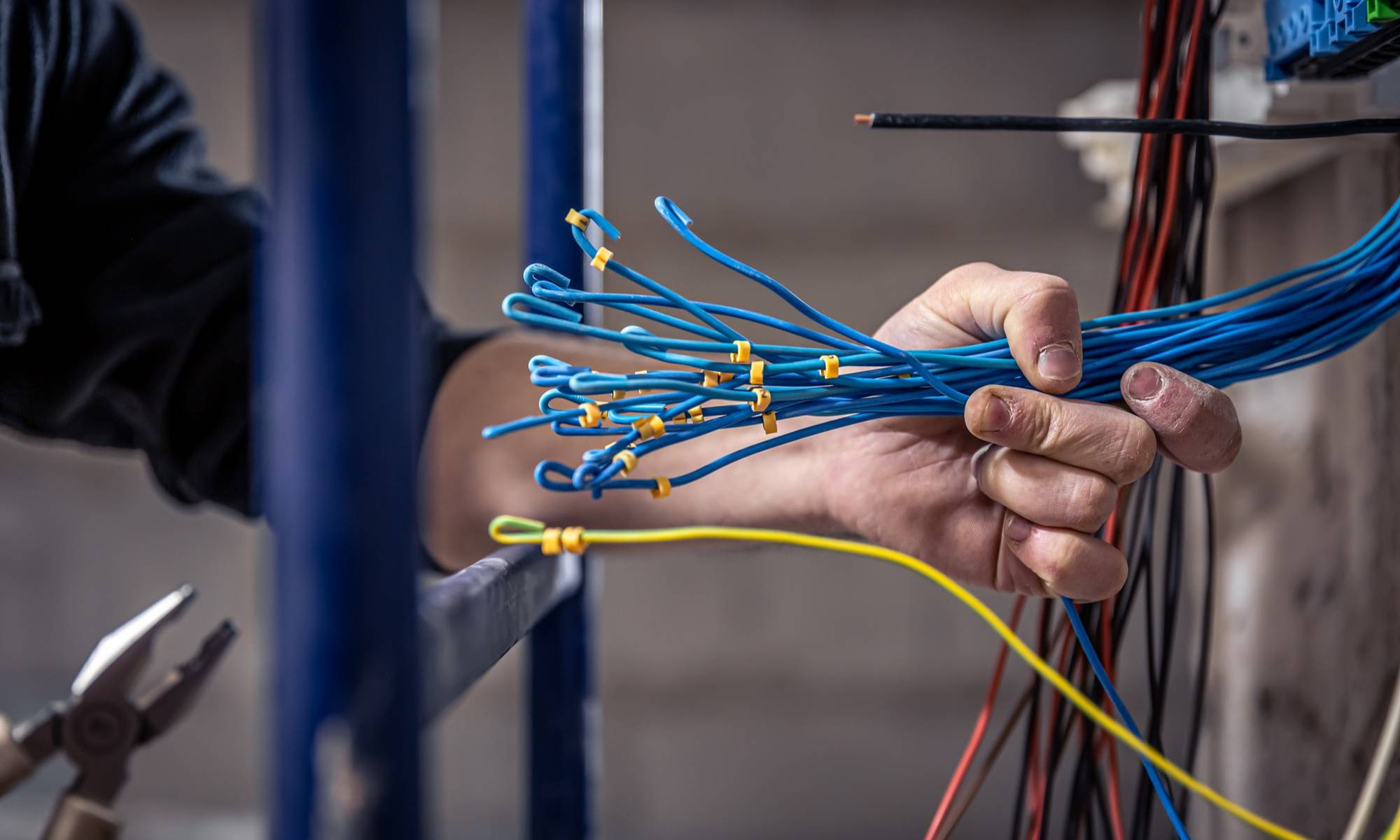
The Importance of Proper Home Wiring
Proper home wiring is the foundation of a reliable electrical system. It involves the installation of electrical cables, outlets, switches, and circuit breakers, ensuring electricity flows seamlessly and safely throughout your home. Hiring a qualified electrician with expertise in home wiring is crucial to avoid potential hazards such as electrical shocks, fires, or damage to appliances.
Different Types of Electrical Systems for Homes
There are several types of electrical systems commonly used in residential settings. The most prevalent is the conventional alternating current (AC) system, which distributes electricity from the utility company to your home through a service panel and circuit breakers. However, some homes may have direct current (DC) systems, typically found in off-grid applications or specialized setups like solar power installations.
Basic Components of a Home Electrical System
A typical home electrical system consists of various components working together harmoniously. These include the service panel, which houses the main circuit breaker, individual circuit breakers, wiring, outlets, switches, and grounding mechanisms. Each component plays a vital role in providing electricity safely and reliably to different areas of your home.
Common Electrical Issues in Residential Settings
Residential electrical systems can experience a range of common issues, including flickering lights, circuit overloads, tripping breakers, and faulty outlets. It is essential to be aware of these problems to address them promptly and prevent potential dangers. If you encounter recurring electrical issues, it is advisable to consult a professional electrician who can diagnose and fix the problem.
Hiring an Electrician for Home Electrical System Installation
When it comes to installing or modifying your home’s electrical system, it is crucial to hire a qualified electrician. Electricians possess the necessary knowledge and expertise to ensure the safe and compliant installation of electrical components. We can also advise on the appropriate electrical system based on your home’s specific requirements and provide valuable insights into energy-efficient solutions.
Evaluating the Electrical Needs of Your Home
Before making any decisions regarding your home’s electrical system, it’s important to evaluate your electrical needs. Consider factors such as the number of rooms, appliances, and devices that will require power. This assessment will help determine the electrical load your system should be able to handle and guide you in choosing the right components and capacity.
Factors to Consider When Choosing an Electrical System
Choosing the most suitable electrical system for your home requires careful consideration of various factors. These may include the availability and reliability of power supply in your area, energy efficiency, future expansion plans, and budget. Consulting with an electrician can provide valuable guidance to help you make an informed decision based on your specific needs and circumstances.
Exploring Traditional Wiring Methods for Homes
Traditional wiring methods have been used in homes for decades and have proven to be reliable and safe when installed correctly. These methods typically involve running non-metallic sheathed cables (NM) through walls, floors, and ceilings, connecting them to outlets and switches. Understanding these conventional wiring methods can help homeowners comprehend their electrical system’s inner workings and troubleshoot minor issues themselves.
Modern Alternatives: Smart Home Electrical Systems
In recent years, smart home electrical systems have gained popularity, offering homeowners enhanced convenience, energy efficiency, and control. These systems utilize advanced technologies and allow remote monitoring and control of lighting, appliances, and security systems. Incorporating smart home features into your electrical system requires careful planning and installation to ensure seamless integration and optimal performance.
Assessing the Safety and Efficiency of Home Electrical Systems
Ensuring the safety and efficiency of your home’s electrical system is of paramount importance. Periodic inspections, conducted by licensed electricians, can identify potential hazards, outdated components, or faulty wiring. Additionally, implementing energy-efficient measures, such as using LED lighting and installing programmable thermostats, can help reduce energy consumption and lower utility bills.
Upgrading Your Home’s Electrical System: What to Know
Over time, you may find it necessary to upgrade your home’s electrical system to meet increased power demands, accommodate new appliances, or adhere to updated electrical codes. Upgrading requires careful planning, as it may involve replacing the service panel, rewiring parts of the house, and ensuring proper grounding. Consulting with an electrician will help you navigate the upgrade process smoothly and safely.
Maintenance Tips for Ensuring a Well-Functioning Electrical System
Regular maintenance is key to ensuring a well-functioning electrical system. Simple tasks such as inspecting outlets for loose connections, replacing damaged cords, and testing circuit breakers can go a long way in preventing electrical issues. Additionally, keeping your electrical system clean, free from dust and debris, and avoiding overloading circuits will contribute to its longevity and safety.
Experience Excellence in Residential Electrical Systems with Rainforest Electrical: Your Trusted Partner for Home Wiring and Installation
With Rainforest Electrical, you can experience excellence in all aspects of residential electrical systems. From expert home wiring to installation and maintenance, our team of skilled electricians is dedicated to providing top-notch services for your home. Whether you need to assess your electrical needs, choose the right electrical system, or upgrade your existing setup, Rainforest Electrical has you covered. As your trusted partner, we prioritize safety, efficiency, and customer satisfaction in every project we undertake. Trust Rainforest Electrical for all your home wiring and electrical system requirements, and let us ensure that your home remains a safe and comfortable haven for you and your loved ones.


